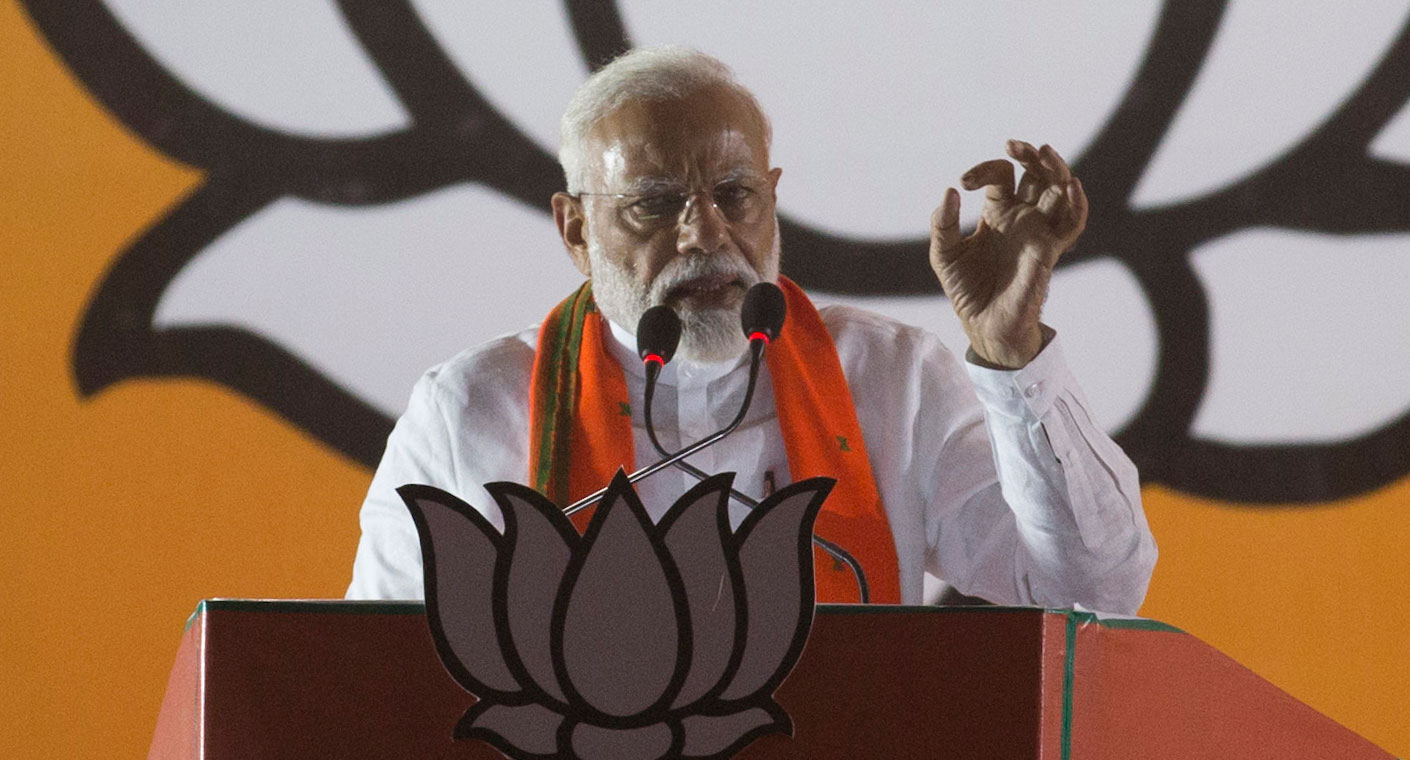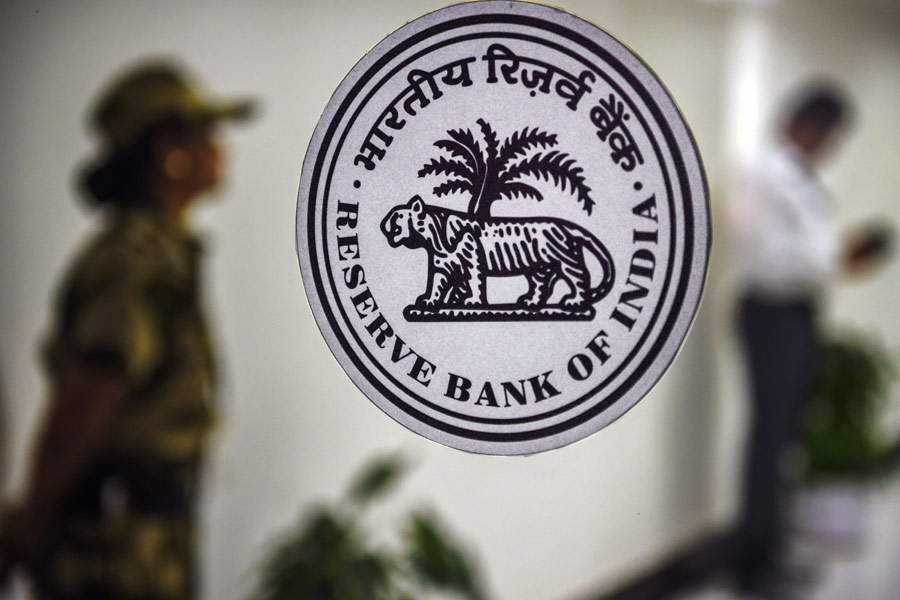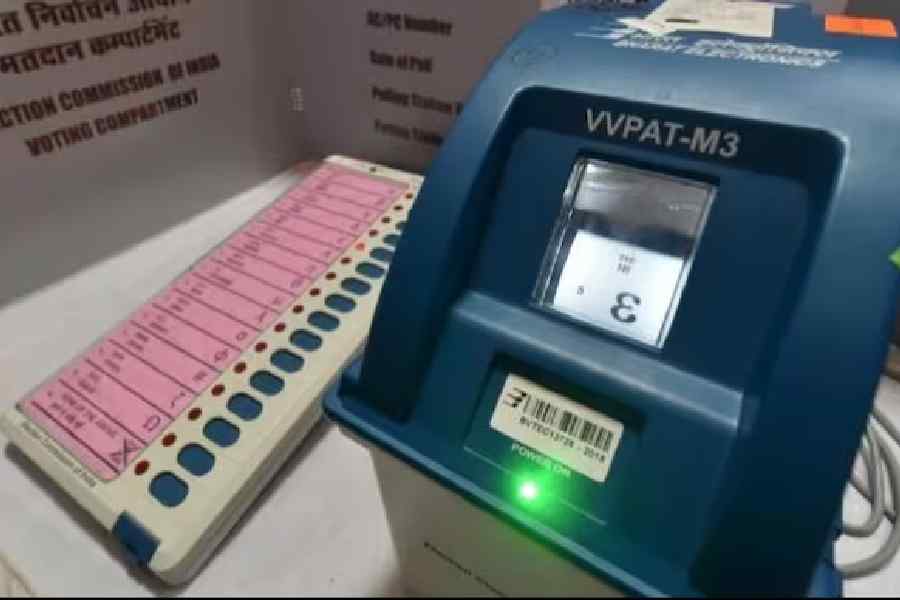Official economic data are the basis on which policies are made, decisions on private investment taken and the economy’s relative performance determined. For a long time, India’s official statistics were accepted by the world community as transparent, methodologically acceptable, and credible. The recent arguments between the government and independent experts have seriously damaged the credibility of Indian official statistics. All this has happened during the reign of Prime Minister Narendra Modi. First, the method of computing national income was changed and the base year altered simultaneously such that revised figures yielded a higher rate of growth. It might be argued that there is nothing wrong with such interventions as long as they are announced and explained clearly to the people at large. This was not done, indicating that the government was likely to manipulate data to its advantage. Then there was the instance where it refused to make public unemployment data estimated by the National Sample Survey Office because the figures showed unemployment to be the highest in 45 years.
Recently, the NSSO found that the data furnished by the ministry of corporate affairs to estimate the new national income series were based on spurious entities that could not be traced. More than a third of the sampled corporates were fictitious and untraceable. The government seems determined to only reveal and announce statistics that are indicative of economic well-being independent of their veracity. Otherwise, the data get suppressed. Criticisms or questions raised regarding such data are shot down in a concerted manner by the prime minister, the finance minister and other shrill voices of the spokespersons representing the Bharatiya Janata Party.
What are the implications of this trend? First, the credibility of Indian data in the world economy has taken a beating. It may not get restored easily. Second, investors — domestic as well as foreign — have started to have their own databases for decision-making. Third, when the government begins to believe its own lies, public policy will be based on erroneous data and, hence, will be ineffective. Fourth, the government being a large entity has led to some of its own agencies throwing up contradictory data. For instance, the data presented by the finance ministry and those of the commerce ministry might point to completely different things. These anomalies add to the perception of the deterioration in the quality of official data. Fifth, data manipulations are the outcome of political decisions taken at the highest level. Mr Modi is determined to prove that everything before 2014 was bad for the economy and that everything after that date has had a beneficial impact with the advent of the new messiah. In this regard, the prime minister is proving to be extremely short-sighted. Or is it that the imperious leader somehow does not care?












